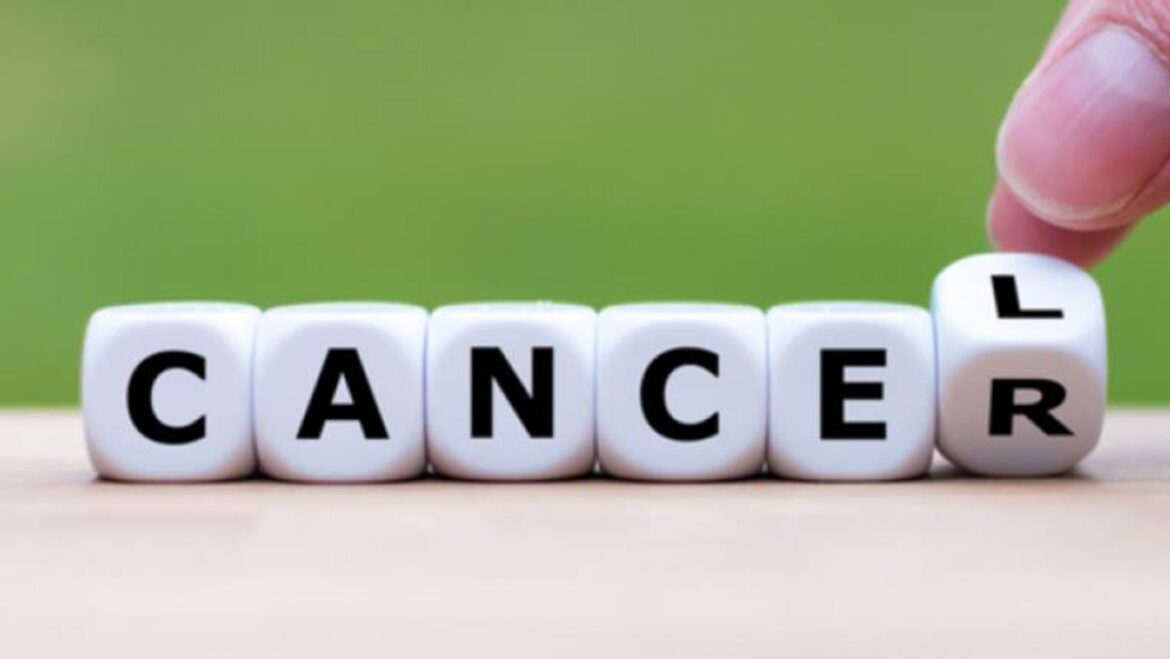Nigeria is grappling with a staggering $1.26 billion in annual spending on healthcare treatments for non-communicable diseases (NCDs) like cardiovascular diseases (CVDs), cancer, and diabetes, diseases that collectively account for nearly 30% of the country’s annual deaths. This figure represents an overwhelming burden on the nation’s healthcare system and household finances. According to a recent statement from the Healthy Food Policy Youth Vanguard (HFPYV), an advocacy group focused on food justice and public health, these diseases are not only devastating the health of millions of Nigerians but are also placing a heavy toll on the economy.
The findings were revealed by Mr. Afeez Adebayo, a representative of the HFPYV, who noted that the average Nigerian household with a member suffering from an NCD spends about $398.52 per year on medical care for these conditions. In total, the cost of managing these diseases amounts to an astronomical $1.26 billion annually, a sum that many families are struggling to afford, often resorting to out-of-pocket (OOP) expenditures and experiencing productivity losses due to hospitalizations.
These figures present a troubling snapshot of the ongoing health crisis in Nigeria, where NCDs are taking a devastating toll on the nation’s youthful population. With approximately 70% of the population under the age of 30 and 42% under 15, Nigeria has one of the largest youth populations in the world, yet many of these young people are falling victim to the harmful effects of unhealthy food consumption and lifestyle choices. HFPYV has raised alarms over the fact that many of these diseases, which are largely preventable, are being exacerbated by the relentless marketing of sugary beverages and ultra-processed foods.
The statistics underscore a pressing need for immediate action, especially in light of the youth population’s vulnerability. HFPYV has called on the Nigerian government, specifically the Ministry of Youth Development, to intervene with policies that would not only help mitigate the effects of these diseases but also protect the country’s future workforce from falling prey to preventable illnesses. One such preventive measure already put in place is the Sugar-Sweetened Beverages (SSBs) Tax, introduced by the Federal Government as a way to reduce the consumption of sugary drinks that contribute to diabetes, obesity, and heart disease.
However, HFPYV believes that this measure, which currently imposes a N10 per litre tax on SSBs, is insufficient to curb the growing health crisis. The group is now calling for the tax to be raised to N130 per litre, arguing that such a substantial increase would help make sugary drinks less affordable, thereby reducing their consumption, especially among the youth. HFPYV also points to the troubling role of the sugary drinks and ultra-processed food industry, which is aggressively targeting Nigeria’s youth with misleading advertisements designed to promote unhealthy eating habits that contribute directly to the rise in NCDs.
The situation has reached a critical juncture, with HFPYV urging the Nigerian government and the Minister of Youth Development, Ayodele Olawande, to take a stronger stance on food policy and youth health. The group has also highlighted the importance of public health education and regulatory reforms to reduce the marketing of harmful food products to the nation’s youth. According to HFPYV, the current trend is unsustainable and must be addressed urgently if Nigeria is to avoid further health crises and economic strain caused by NCDs.
The long-term effects of the NCD epidemic in Nigeria are far-reaching, not only in terms of public health but also in terms of economic productivity. As millions of Nigerians face the financial burden of treating diseases that are preventable through lifestyle changes, the call for systemic reforms grows louder. HFPYV and other public health advocates continue to push for stricter regulation of the food and beverage industries, as well as increased government investment in healthcare infrastructure that can provide better treatment for those already suffering from NCDs.
The challenge of combatting NCDs in Nigeria is not one that can be solved by healthcare policy alone—it requires a multi-faceted approach that includes educational campaigns, stronger regulations, and a concerted effort to improve the public’s understanding of healthy living and disease prevention. The youth population remains the most vulnerable group, and its health must be prioritized if Nigeria is to secure a healthier, more prosperous future.
To stay informed and ahead of developments on the latest in global innovation, leadership, entrepreneurship, business, and technology, join our WhatsApp or Telegram channels for real-time updates. If you have a report or article to share, please send it to report@theinnovationtimes.com. For more insights and trends, follow us on X (Twitter), Instagram, LinkedIn, YouTube, Pinterest, and Facebook.



